Following the 13th round of sanctions against Moscow, the European Commission (EC) is said to be preparing the next package of sanctions, promising to include sectoral sanctions and will have a much larger impact on the Russian economy .
Last week, the European Union (EU) approved the latest package of sanctions against Russia and deliberately let it take effect on February 24, marking the two-year anniversary of President Vladimir Putin launching a "special military operation" in Ukraine.
The latest EU restrictions are almost entirely focused on cracking down on sanctions circumvention, targeting companies around the world – including entities from China, Turkey and North Korea – accused of supplying Russia with advanced technology and military goods made in the EU, notably drone components.
However, tighter restrictions on Russian aluminium were not included in the 13th package of sanctions as the issue remains divisive. The question is whether Russian aluminium will be targeted with a full ban in the next package of sanctions the EC is preparing, as the EU considers the metal to be one of its most important raw materials.
Temporarily not “banned” yet…
The “wildcat” faction in the bloc – which includes Estonia, Latvia, Lithuania and Poland – has been pushing for both an import and export ban on the metal in recent times.
“European aluminum imports not only financed Russia's wartime economy, but also benefited Kremlin-backed oligarchs and state companies,” officials from the four countries noted in a document seen by RFE/RL.
Even two years after Russia invaded Ukraine, Europe still buys 9% of its aluminum imports from Russia, amounting to 2.3 billion euros ($2.5 billion) a year, according to Politico EU. The bloc also exports various aluminum products to Russia, worth about 190 million euros.
The only sanctions the bloc has imposed in this area are a very specific and targeted import ban on aluminium wire, paper, pipes and tubes produced in Russia. That still leaves 85% of the aluminium business – including the lucrative construction and auto industries – untouched so far.
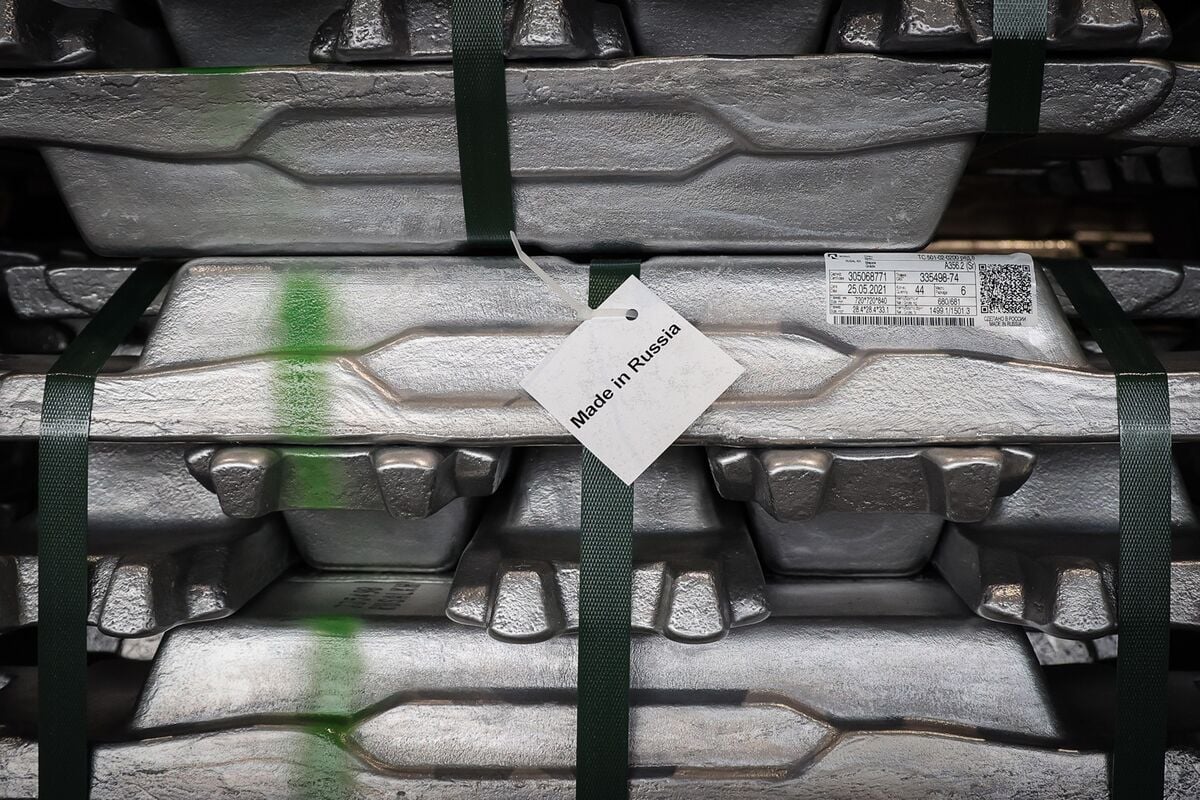
A stack of aluminum ingots in a foundry at the Khakas aluminum smelter, operated by United Co. Rusal, in Sayanogorsk, Russia. Photo: Bloomberg
However, that could change as the European aluminium industry is now calling for further sanctions against Russia. European aluminium industry representatives in Brussels have argued that for moral reasons, “business as usual” with Russia cannot continue.
But there are also compelling economic reasons. Struggling with high energy costs and cheap foreign competition, European producers of the widely used metal are hoping that sanctions against Russia – which remains the world’s third-largest aluminium producer – can bring relief.
Since last fall, the EU aluminium producers association has argued that Brussels should completely cut imports from Russia, saying European producers have accelerated the process of “detoxing” themselves from Russian aluminium.
Before the conflict broke out in February 2022, aluminum imports from Russia accounted for more than 30% of the EU’s total imports. Today, Russian aluminum accounts for only about 8% of the bloc’s imports. By relying less on Moscow, they will be less vulnerable to sanctions.
Aluminum is also quite different from other raw materials, such as the much rarer uranium used in the nuclear industry. Aluminum is easy to obtain, produced worldwide, and easily transported.
As the EU is now producing more aluminium and importing from new partners in Iceland, Mozambique and Norway, supply is outstripping demand.
…Does not mean “immune”
There are still some issues to overcome. While EU-wide reliance on Russian aluminum has generally decreased, some EU member states – most notably Greece – still rely on Moscow for the majority of their metal imports. And as always with sanctions, to pass, it will need the consent of all 27 EU member states.
EC officials said there are three sectors that Brussels, in principle, would not target with sanctions: food, medicines and medical devices, and critical raw materials. Aluminium is classified by the EU as a critical raw material, even though it is abundant on the market.
The EC is also aware of another obstacle. If sweeping aluminium sanctions are imposed, some member states may request exemptions. Greece would be an obvious candidate.
This is what happened when the EU introduced sanctions on steel imports from Russia in 2023. Some EU member states won exemptions, allowing them to bypass the measures until 2028, distorting the bloc’s internal single market and giving those countries a competitive advantage.
In the steel industry, there are certificates of origin, which identify the country where the alloy originated and where it was produced. What worries the EU is that there is no equivalent for the aluminum industry, making it easier for Moscow to circumvent sanctions. A similar system could be created for aluminum, but it would require a sustained global effort to be effective, and that could take time.
Future sanctions in this area will also depend on cooperation and coordination between the EU and the US. The White House has no sanctions on Russian aluminium, but has imposed a 200% tariff on the metal. Washington and Brussels could also impose sanctions on RUSAL, the giant Russian state-owned aluminium producer.
The US has targeted the company before. In 2018, the White House imposed sanctions on the company’s then-owner, oligarch Oleg Deripaska, and all of his businesses. Although those measures were lifted a year later, it showed that aluminium is not immune to Western sanctions.
With Mr. Deripaska on the EU “blacklist” since April 2022 for allegedly supporting Russia’s war in Ukraine economically, some EU officials believe there is still room to go further with comprehensive sanctions targeting Russian aluminum .
Minh Duc (According to RFE/RL, Politico EU)
Source


![[Photo] Dan Mountain Ginseng, a precious gift from nature to Kinh Bac land](/_next/image?url=https%3A%2F%2Fvphoto.vietnam.vn%2Fthumb%2F1200x675%2Fvietnam%2Fresource%2FIMAGE%2F2025%2F11%2F30%2F1764493588163_ndo_br_anh-longform-jpg.webp&w=3840&q=75)





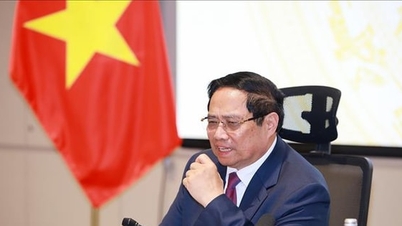

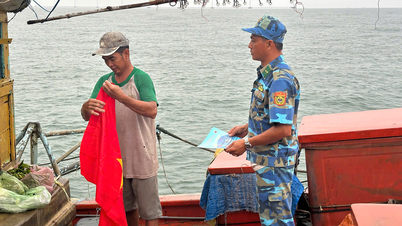

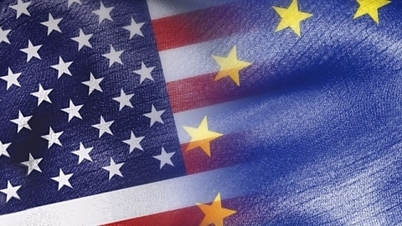



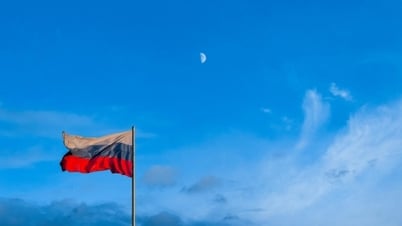


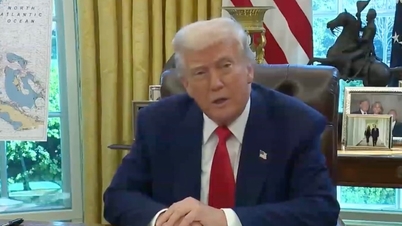
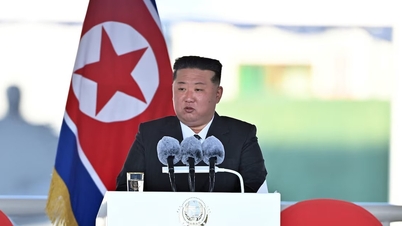
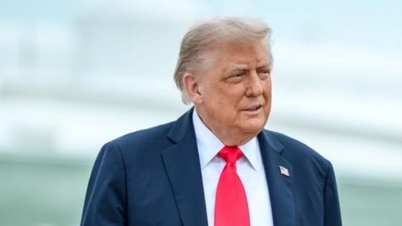






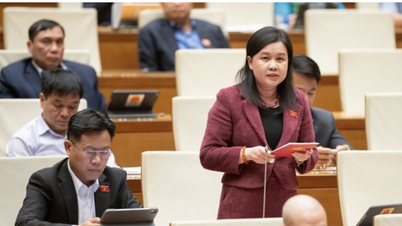







































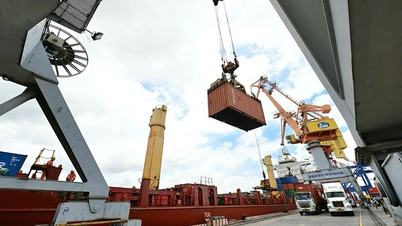



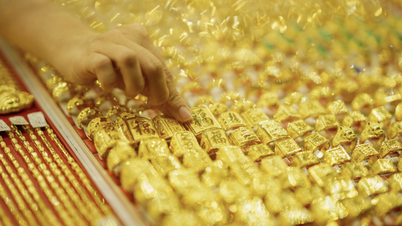
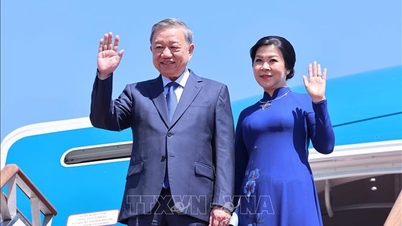


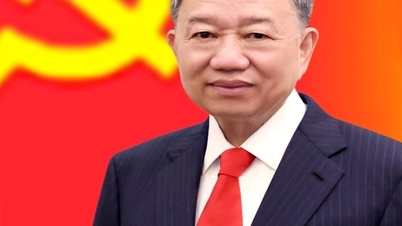

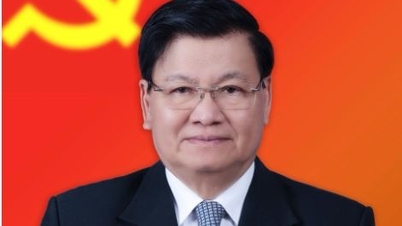
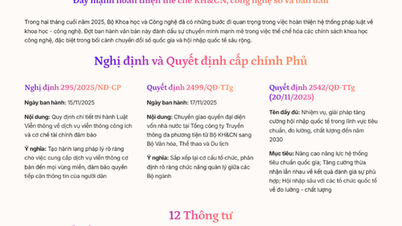

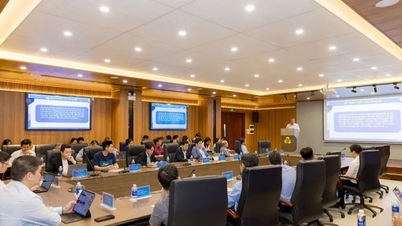

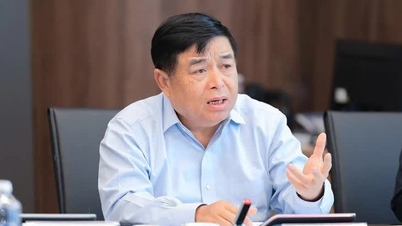
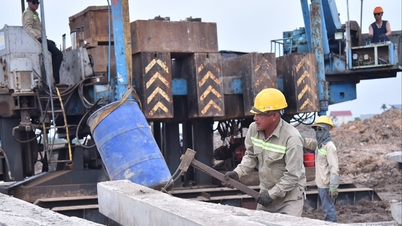

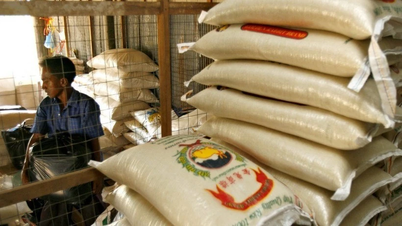



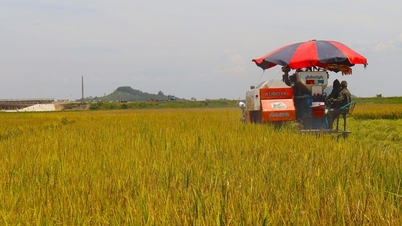
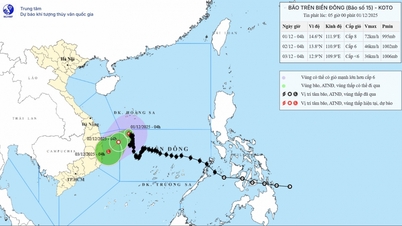

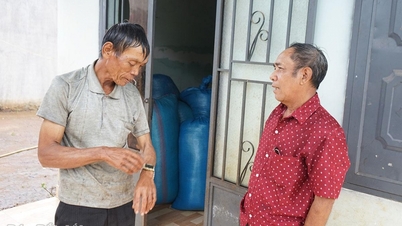











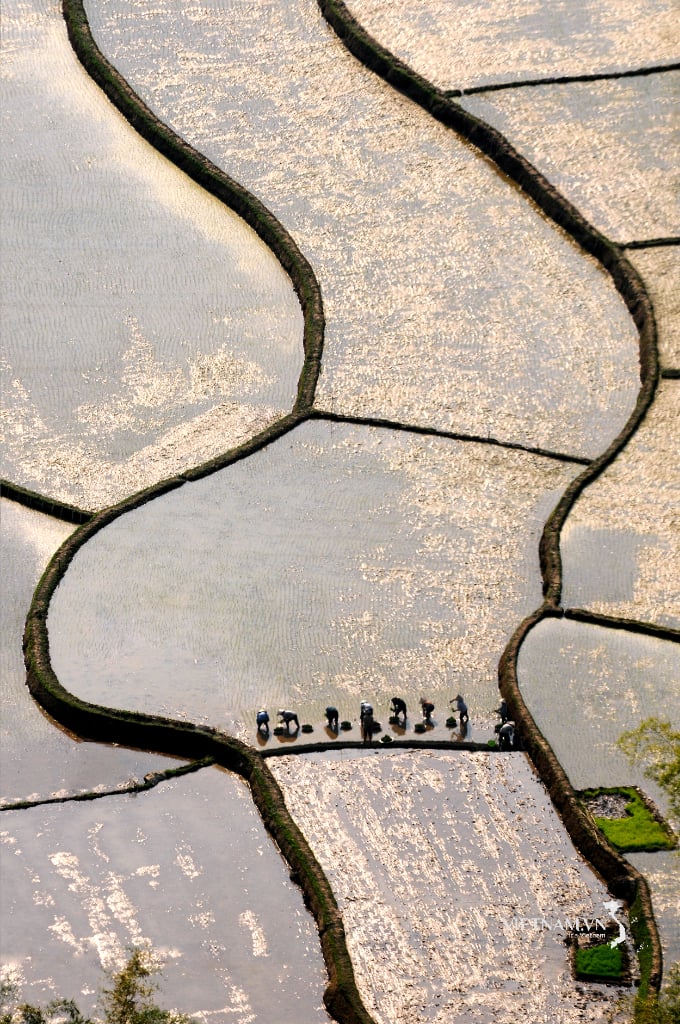
Comment (0)